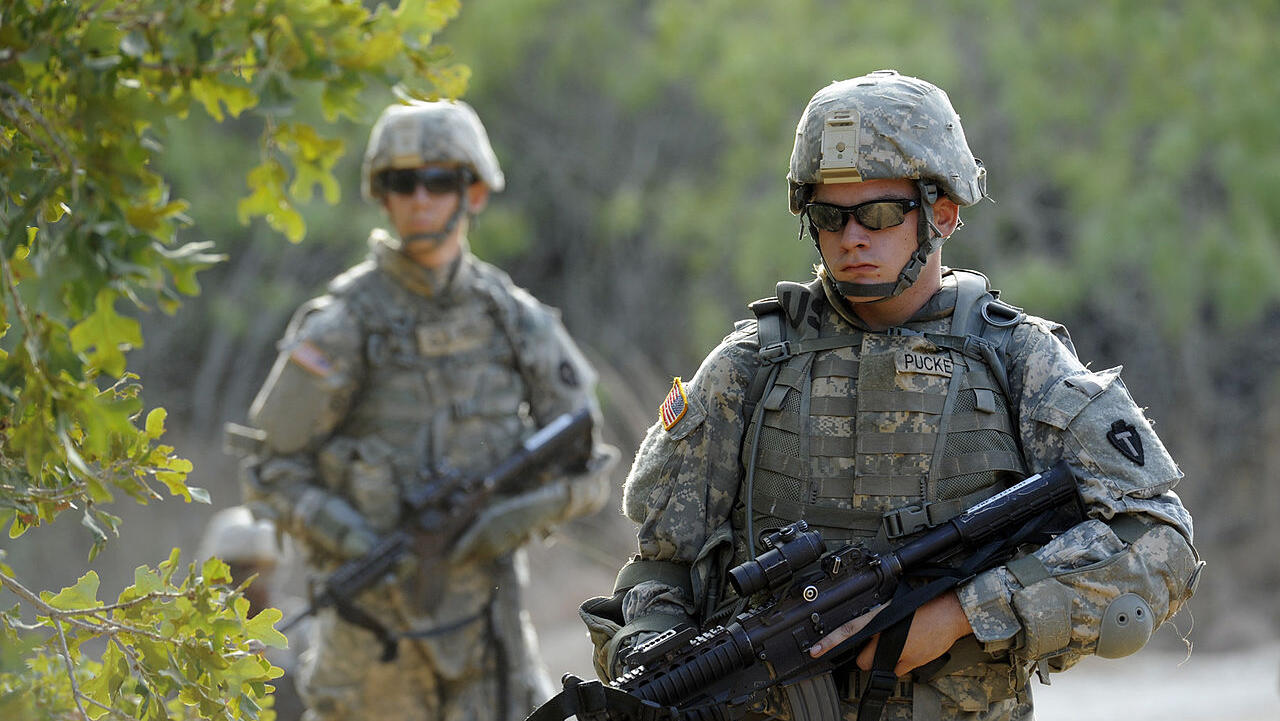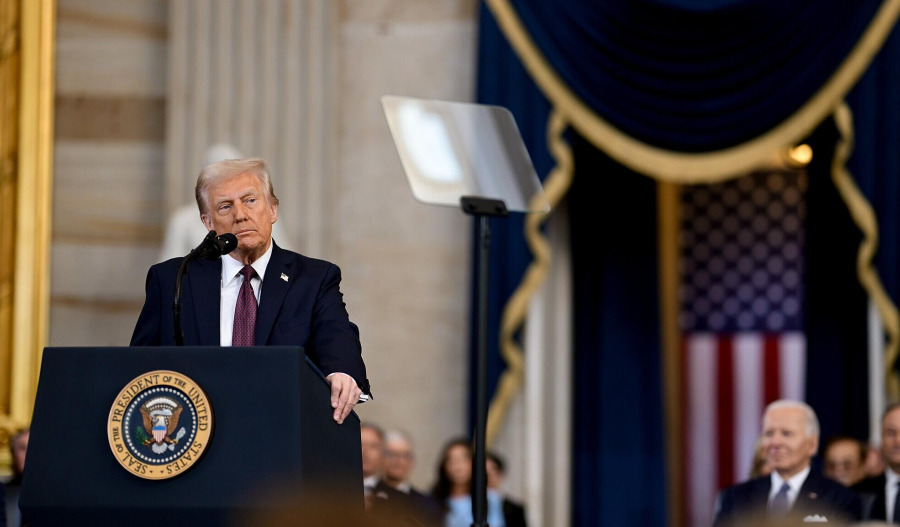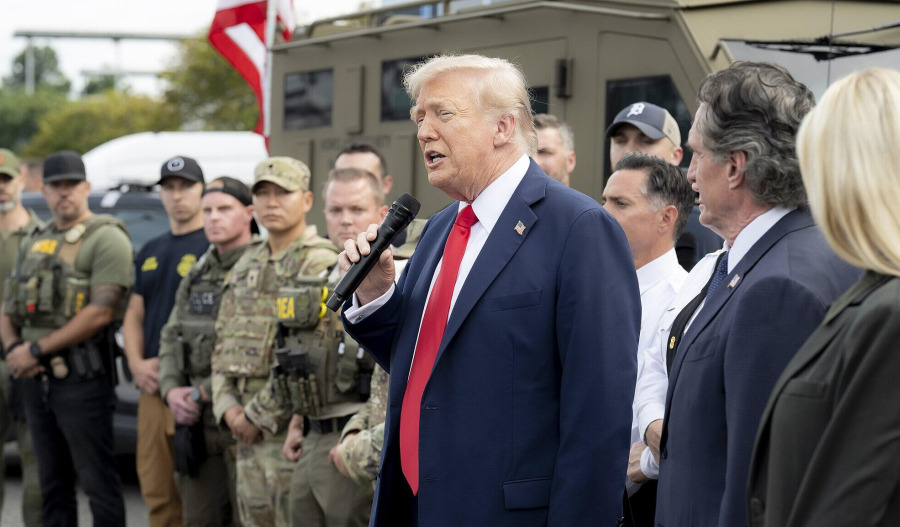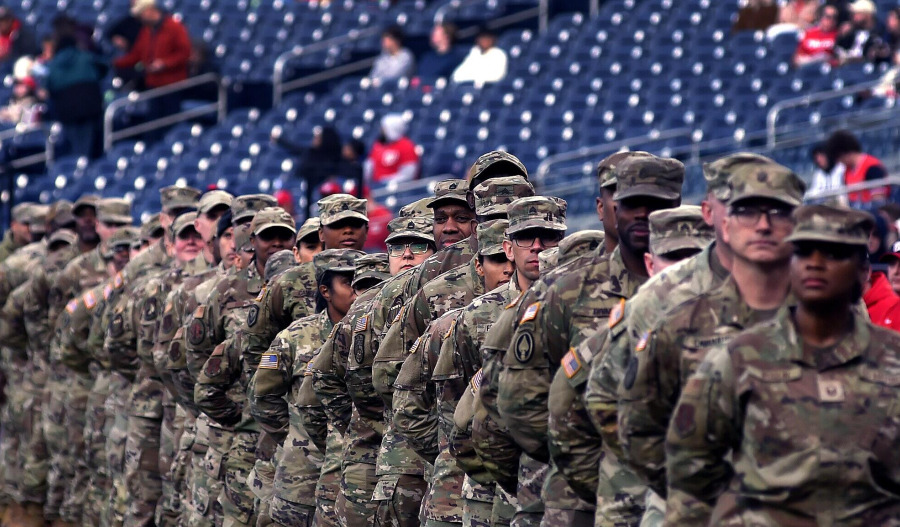United States President Donald Trump has authorised the deployment of the National Guard in Chicago to address what he calls out-of-control crime.
The 300 troops have been deployed after immigration officials confronted protestors in the Democrat-run city. Officials said an “armed woman” was shot after she and others allegedly rammed their cars into law enforcement vehicles.
Following this, Illinois launched a legal challenge to block the deployment of the National Guard in the streets of Chicago.
Officials in Illinois and Oregon stated that military intervention is not necessary and would only escalate the situation.
"The American people, regardless of where they reside, should not live under the threat of occupation by the United States military, particularly not simply because their city or state leadership has fallen out of a president's favour," the lawsuit says.
The legal battle comes hours after a judge blocked the California Guard’s deployment in Portland, Oregon, as the number of court battles over the president's power to deploy military forces domestically increases.
However, Trump has filed a notice indicating he will appeal the judge's decision.
He said he would consider invoking the Insurrection Act to use the military if federal courts blocked his deployment of National Guard troops to U.S. cities.
"We have an insurrection act for a reason. If I had to enact it I would do that,” he said.
"If people were being killed and courts were holding us up or governors or mayors were holding us up, sure I would do that."
While it is unclear whether any National Guard are currently in Chicago, Trump has been threatening action for nearly a month, citing crime and shooting in the city.
While levels of violent crime are higher on average in Chicago than in many other U.S. cities, it has fallen significantly over the past two years.
The Council on Criminal Justice found that the homicide rate in Chicago has fallen significantly between January and June compared to the same period last year.



